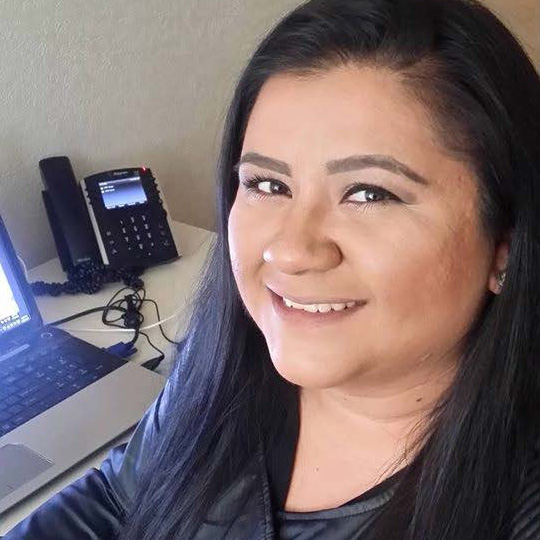The Tax Court held that a couple could not deduct losses from their Amway distributorship in excess of the income they derived from that business. Because the couple did not have a business plan, a budget, nor did they change their operations after consistently generating losses, the court determined that they were not operating their business with a profit motive. Hess v. Comm’r, T.C. Summary 2016-27.
Background
James Hess worked as a software engineer and his wife, Robyn, was a housewife. The couple became Amway distributors in 2005. Amway is a supplier of household, health, and cosmetic products that are sold by individual distributors through direct marketing. Amway distributors purchase Amway products at a wholesale rate and then sell those products at normal retail prices to earn a profit. The distributors generate revenue by: (1) selling products directly to consumers; (2) earning points through Amway’s reward point system; and (3) sponsoring other individuals who join Amway as distributors. In the latter case, the original distributor is called an “upline” distributor, or a sponsor, in relation to his new recruit, the “downline” distributor. To maximize Amway-related income, a distributor must sell Amway products and also try to enlist other individuals as Amway distributors.
Amway was the couple’s first independent business venture, and they did not consult with anyone other than their sponsoring distributors before deciding to become Amway distributors. They conducted their Amway activity in their free time on evenings and weekends and attended Amway training functions organized by Worldwide Group, LLC (Worldwide Group). According to James, the meetings provided him and his wife with training that was necessary for them to start, and eventually grow, their Amway business. The couple attended each of Amway’s quarterly meetings, as well as local monthly meetings.
The Hesses did not create a business plan before beginning their Amway activity or for any of the years that followed. Instead, they used a document that Worldwide Group had distributed to them as their business plan for each year in which they conducted their Amway activity.
The Hesses also did not create a budget or a profit and loss statement and did not maintain a general ledger before beginning their Amway activity or for any of the years that followed. Instead, the couple carefully maintained receipts to substantiate all expenses they incurred for their Amway activity. Although the couple maintained records of their expenses, they did not have any records showing how much product they sold, to whom they sold product or the names of their alleged downline distributors.
Despite generating losses from their Amway activity year after year, the Hesses operated their Amway activity in the same manner regardless of the prior year’s results and did not seek advice from anyone other than their sponsoring distributors. From 2005 through 2011, the Hesses reported a total of approximately $5,000 of income from their Amway business and deductions of approximately $129,000. The IRS determined that the couple’s losses from the Amway activity were limited by Code Sec. 183 because the couple did not engage in the activity for profit. Thus, all deductions in excess of income were disallowed.
Analysis
The Tax Court agreed with the IRS and limited the couple’s deductions relating to their Amway activity to the income from that activity. The court found that, although the Hesses maintained that they engaged in and continued their Amway activity with the actual and honest objective of making a profit, the objective facts indicated otherwise. With respect to the business plan distributed by Worldwide Group and used by the couple, the court found that it did not contain information that is generally found in a formal business plan. Rather, the document promoted a performance-bonus-generated structure whereby an upline distributor receives performance bonuses from Amway based on the volume – not profitability – of merchandise he or she sells to his or her downline distributors. Because the Hesses did not conduct their Amway activity in a businesslike manner, did not seek advice from disinterested third parties, did not maintain records for the purpose of monitoring and improving business performance, and consistently produced losses while generating nominal gross receipts, the court concluded that the couple did not engage in the activity with the requisite objective of making a profit. In reaching its conclusion, the court examined the various factors set forth in Reg. Sec. 1.183-2(b) in determining if a taxpayer had a requisite profit motive and found that no factors weighed in favor of the couple.













